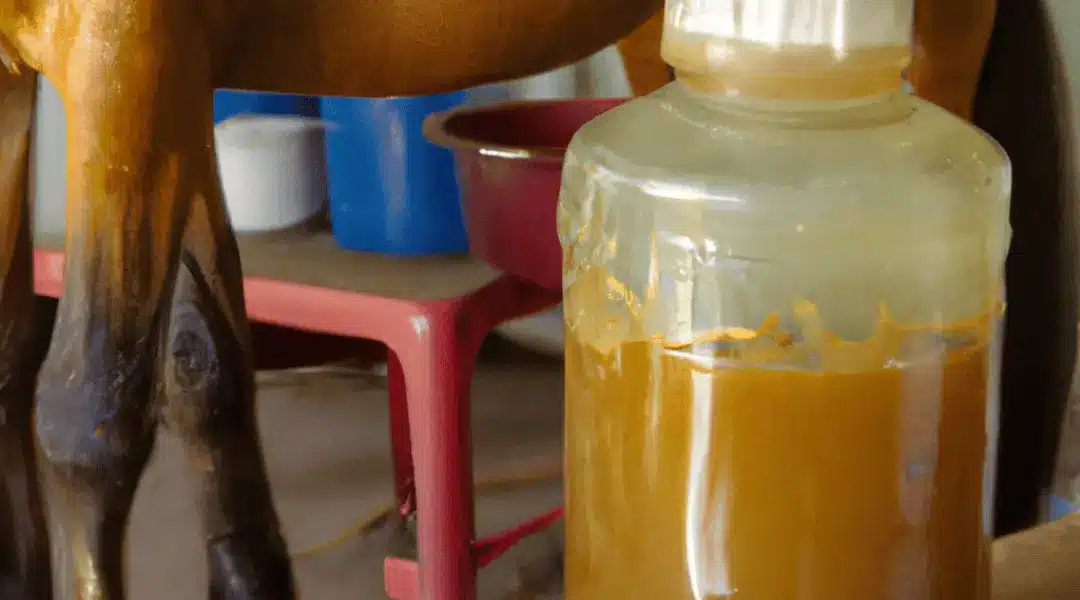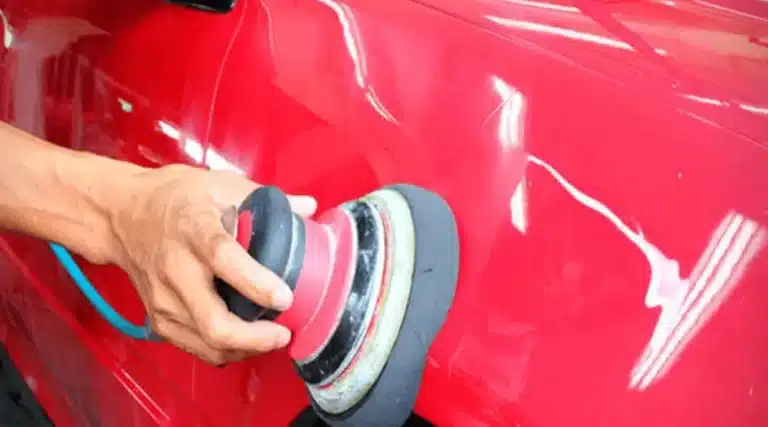Glue adhesive substance used to join two materials together. It has been used for centuries, and there are various types of glue available in the market such as PVA glue, epoxy glue, and cyanoacrylate glue. However, one of the most commonly asked questions is whether glue is made from horses or not. In this blog post, we will explore this question in detail and provide all the arguments for and against it.
So, let’s dive in and find out whether glue is actually made from horses or not.
Let’s dive into this peculiar topic and uncover the taste, health risks, and even unique uses of glue beyond its intended purpose.
History of Glue Making
The use of glue dates back to ancient times. The ancient Egyptians used animal glue made from animal hides to build furniture and other items. The Greeks and Romans also used animal glue for various purposes, including bookbinding and woodworking.
However, the process of making glue has changed over the years, and today, there are various methods for making glue. The most common methods involve using synthetic or natural polymers. The use of animal products, including horses, in glue making is rare and limited to specific types of glue.
Therefore, it is essential to understand that the method of making glue has evolved over time, and the use of horses is not practice in modern times.
Types of Glue
Before we dive into whether glue is made from horses or not, it is essential to understand the different types of glue available in the market. There are various types of glue, including:
1. PVA Glue:
This is a water-based glue that is used for various purposes, including woodworking, paper crafts, and bookbinding.
Is Hot Glue Toxic – Can We Eat Hot Glue
2. Epoxy Glue:
This is a two-part adhesive that is used for bonding together. It is commonly used in the automotive and construction industries.
3. Cyanoacrylate Glue:
This is a fast-drying adhesive that is used for bonding materials such as plastic, metal, and wood.
4. Animal Glue:
This is a type of glue made from animal products such as hides, bones, and hooves. It used in woodworking and bookbinding.
It is important to note that animal glue is not commonly used in modern times, and the use of horses in glue making is limited to specific types of glue.
How to Glue Rubber To Glass A Comprehensive Guide
How is Glue Made?
The process of making glue varies depending on the type of glue. Synthetic glues are made by mixing chemicals and polymers, while natural glues are made from animal products.
The process of making animal glue involves boiling animal hides, bones, and hooves in water to extract collagen. The collagen is then dried and ground into a fine powder, which is then mixed with water to make glue.
Top Tips On How to Glue Metal to Glass
However, the use of horses in glue making is limited to specific types of glue, and the process of making glue from horses is not as common as it used to be in ancient times.
Is Glue Made from Horses?

The answer to this question is both yes and no. While horses have been used in glue making in the past, the use of horses in modern glue making is limited and rare. However, some types of glue still use animal products, including horses.
One of the most common types of glue made from horses is animal glue. Animal glue is made from animal hides, bones, and hooves, and horses are used to make this type of glue.
Therefore, it is safe to say that while glue is not made from horses in modern times, some types of glue still use animal products, including horses.
Why Do Some Glues Use Animal Products?
The use of animal products in glue making is limited and rare in modern times. However, some types of glue still use animal products because they offer unique properties that synthetic glues do not.
How to Glue Glass to Wood
For example, animal glue is known for its ability to bond porous materials such as wood, paper, and fabric. It is also reversible, meaning that it can be easily removed without damaging the material.
Therefore, some industries, including woodworking and bookbinding, still use animal glue because of its unique properties.
Is Glue Made from Horses Ethical?
The use of horses in glue making has received criticism from animal rights activists who argue that it is unethical to use animals for commercial purposes.
While the use of horses in modern glue making is limited, it is important to note that the process of making animal glue involves boiling animal hides, bones, and hooves in water to extract collagen. This process can be considered cruel and inhumane, and alternatives to animal-based glue have been developed.
Therefore, it is essential to consider the ethical implications of using animal products in glue making and explore alternatives that do not involve animal exploitation>
Alternatives to Animal-Based Glue
With the increasing concern for animal welfare, alternatives to animal-based glue have been developed. These alternatives include:
1. Synthetic Glues:
These are glues made from synthetic polymers such as PVA, epoxy, and cyanoacrylate.
2. Plant-Based Glues:
These are glues made from plant-based materials such as starch, cellulose, and soy protein.
3. Bio-Based Glues:
These are glues made from renewable resources such as corn, sugarcane, and potatoes.
These alternatives offer similar properties to animal-based glue and are more environmentally friendly and ethical.
Does Gorilla Glue Work on Plastic
Conclusion
In conclusion, while glue is not commonly made from horses in modern times, some types of glue still use animal products, including horses. The use of animal products in glue making has received criticism from animal rights activists, and alternatives to animal-based glue have been developed.
It is essential to consider the ethical implications of using animal products in glue making and explore alternatives that do not involve animal exploitation. As consumers, we can make a difference by choosing products that are cruelty-free and environmentally friendly.



